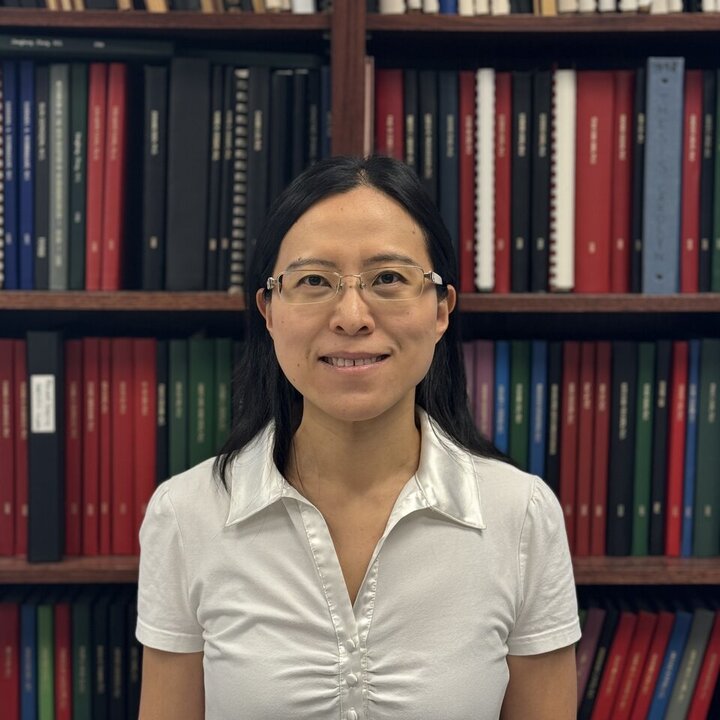Signaling mechanisms are a critical component of disease research and an ongoing focus for most of the mentors in the MMoD program. Of interest are mechanisms by which extracellular signals for fundamental tissue integrity are produced, sensed, and propagated. These signals include lipid- and carbohydrate- based molecules, redox sensors, microbial or host immune response triggers, and many others. Some elegant aspects of our training capacity in molecular signaling derive from (1) synthetic organic chemists who focus on devising new methods to generate small molecules with clear biological applications as probes and/or inhibitors, (2) analytical chemists who design new approaches for studying biological interactions and use these interactions in flow-based biosensors or separation schemes that permit testing of hypotheses about molecular signals in a quantitative manner, and (3) chemical engineers who specialize in large-scale protein production and novel tissue engineering matrices.





